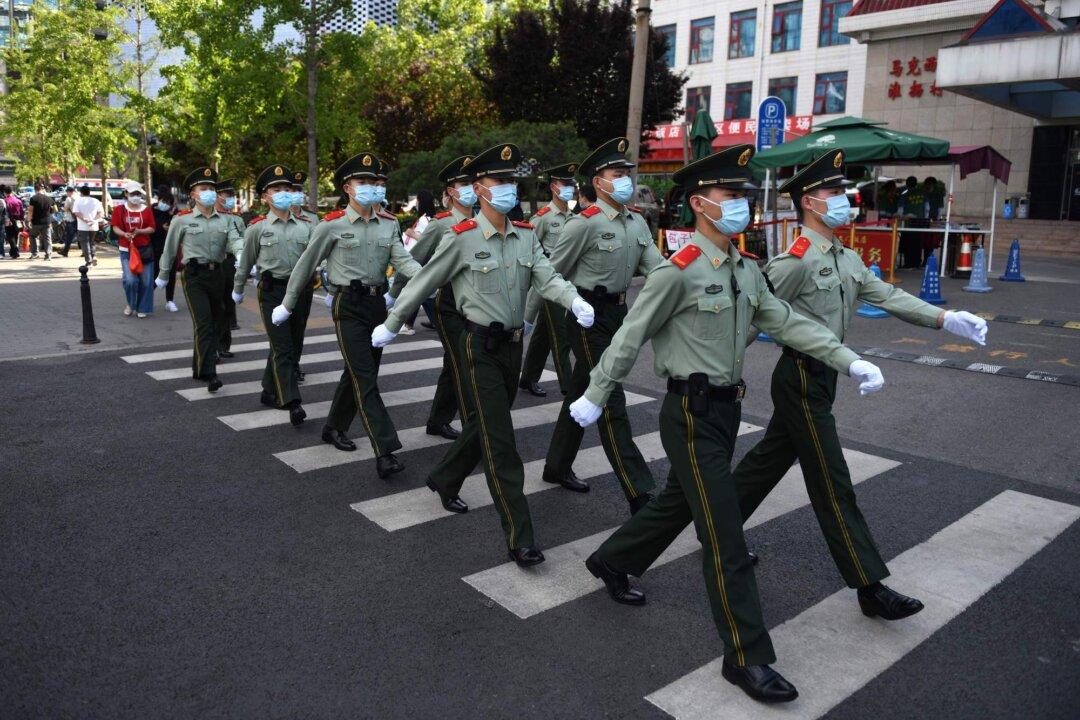News Analysis
Beijing is exporting its brand of justice around the globe through a series of law enforcement exchanges and by offering training and equipment.

Beijing is exporting its brand of justice around the globe through a series of law enforcement exchanges and by offering training and equipment.